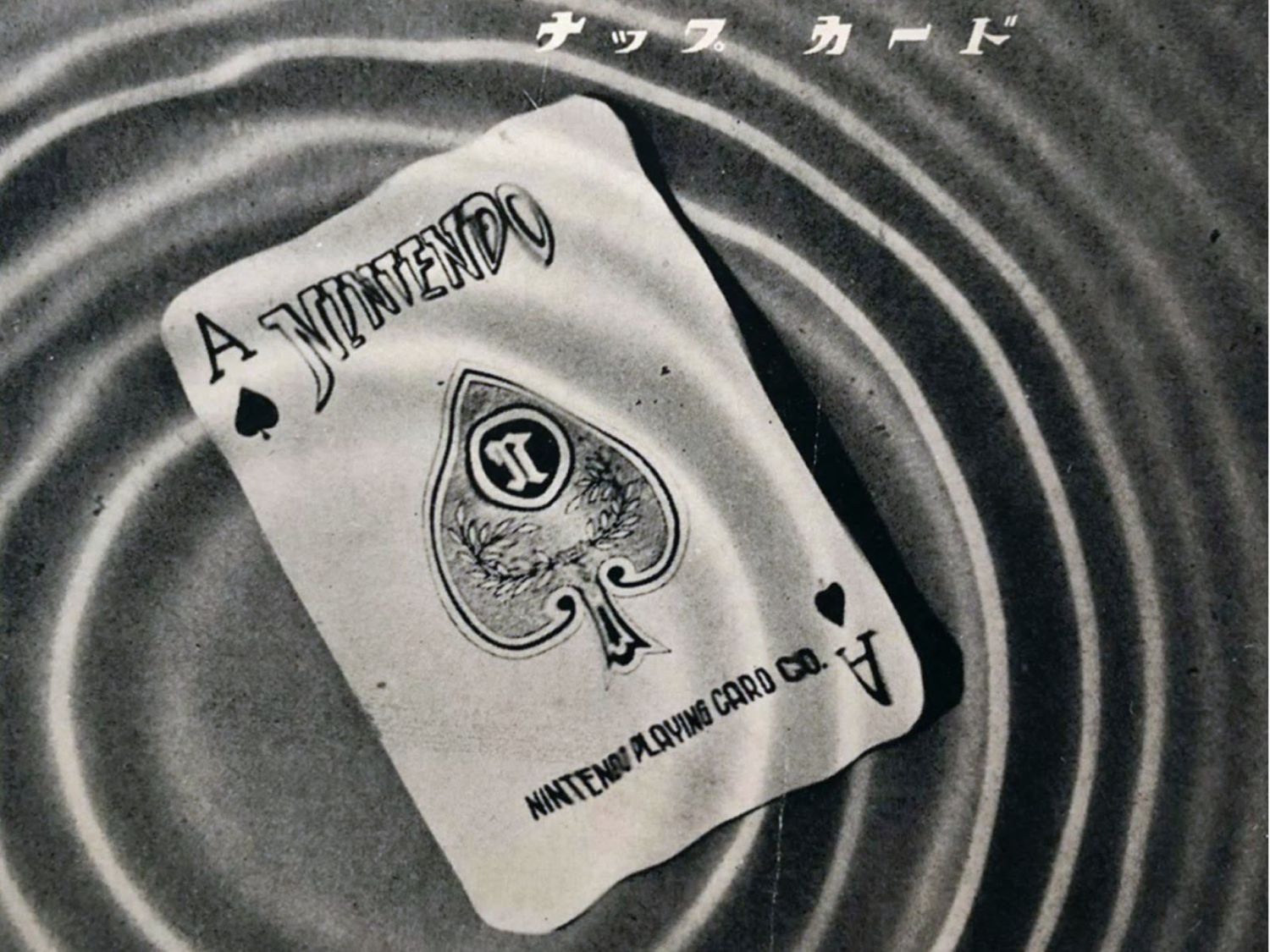What copywriters can learn from a little book on speech writing.
Cicero's book on speech writing is still relevant today, especially for writing great copy that converts.
Cicero is famous for his time as a Roman senator. He also wrote a little book on speech-making called De Oratore.
In this book, he defines five styles of voice an orator can use: Passion, Authority, Humor, Resolve, and Anger
Varying these voices can help effectively set the tone and help convey a message in a memorable and interesting way.
Give me some gusto!
The first voice — Passion — is the one commonly found in your motivational speakers.
Think Tony Robbins.
He comes out high energy and full of determination. But he knows the value of a well-placed silence or tone shift too.
Every speech ends with a direct and insistent call to action.
What's holding you back? Change your life today!
What we need is a leader
The next voice — Authority — is best when your crowd needs leadership.
You see this often at pivotal scenes in movies.
It leans into the recognition that we are at the end of a rope and something needs to be done now.
Follow me, it states, for I have the answer.
Don't be so serious
Humor, our third voice, is a great way to convey important information in a non-threatening way.
George Carlin is a master at this.
This voice is quick, punchy and uses lots of word play to create unexpected turns of phrase.
Its goal is not to convince you immediately, but leave you with a funny anecdote that will reveal its true meaning the more you think about it.
Calm and cool, man
Resolve is the voice of the guru, the guide, the thought leader. It's slow and receptive.
With the voice, you ask questions of your audience and lead them to the answers.
Deepak Chopra and Eckhart Tolle come to mind.
Story is common tactic employed in this voice.
They show instead of tell.
Rouse the crowds!
The voice of Anger requires short, agitated sentences full of energy.
It's the opposite of Passion, as it hones in on past grievances and perceived injustices rather than the inspirational and uplifting.
This is used by many political candidates and policy advocates to rouse a populous crowd.
It can be used for good, but — out of all the voices — this is perhaps the most dangerous.
These voices are as relevant for copywriting as they are for speech-making
Like Aristotle's three modes of persuasion, these observations from Cicero can be used to move the hearts and minds of any audience.
Try your hand at adding them to emails, social posts, and blog posts for maximum effect.
— Mike Doane
P.S. Don't walk away empty-handed
Above the Fold is a newsletter about the power of marketing. Every week I send stories just like these straight to your inbox.




